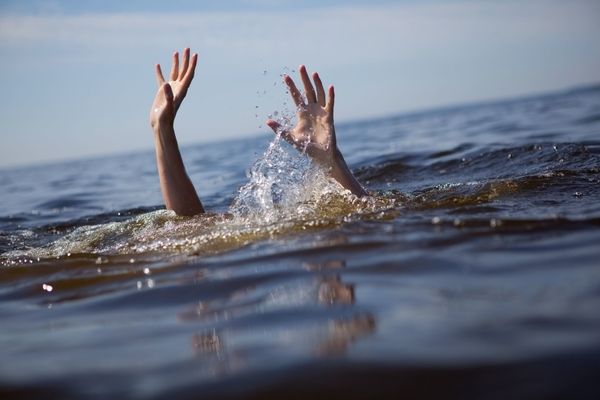I am 26 years old and just received a diagnosis of mixed anxiety and depressive disorder. I've dealt with anxiety and depression for the majority of my life. I have always been a "big girl" and I've gotten picked on and judged because of it. It caused a lot of depression in my younger years. That has caused me to not love myself a lot throughout my life.
I was also told throughout my young adult life that everyone has anxiety, and whatever you tell yourself and the universe is what you get in return. I believe that to a certain extent, don't get me wrong, however, I was telling myself affirmations and talking myself through life, and nothing was working. I was given self-help books and was looking up YouTube videos every day on meditation and yoga, etc. etc.
Do you know how hard it is to want to read a book or do anything when you feel like your brain is always going a mile a minute, and your body is just exhausted from it?
I was drowning in this unhappy life where I hated my brain, and I hated that I felt the way I did ALL the time.
I finally decided it was time to go to my doctor because I couldn't do it by myself anymore...what I was doing was not working. I received my diagnosis, and my doctor prescribed medicine to help me, and told me that I needed to start counseling as well. She told me she could prescribe medicine all day, but if you don't have the right tools to help, the medicine wouldn't help anything.
I felt like the biggest weight was lifted off my shoulders that day!
There's a huge negative connotation that follows mental illnesses. If you have depression, you're automatically suicidal. Anxiety? You're high strung. Bipolar? You're crazy.
The worst thing to hear is that you can control it, you just have to try harder. That was the worst social "norm" I heard was that I wasn't trying hard enough.
Once I received my diagnosis, I felt like a key had unlocked a new part of my brain that had never been opened before. I felt lighter. I think the waiting to hear that what I had been feeling was in fact anxiety, gave me anxiety. From that day forward, I told myself I want to be more receptive to people that have mental health illnesses, and help as much as I could. I wanted to make sure that at least one person knew they weren't alone in their feelings.
I know what it feels like to feel like you have no one, and I vow to make sure that the people I surround myself with (or even people millions of miles away) don't have to feel like that. They have at least one person. My diagnosis came with somewhat of a breakthrough, so I look at it as something I will cope with every day, but it's not bad.





















